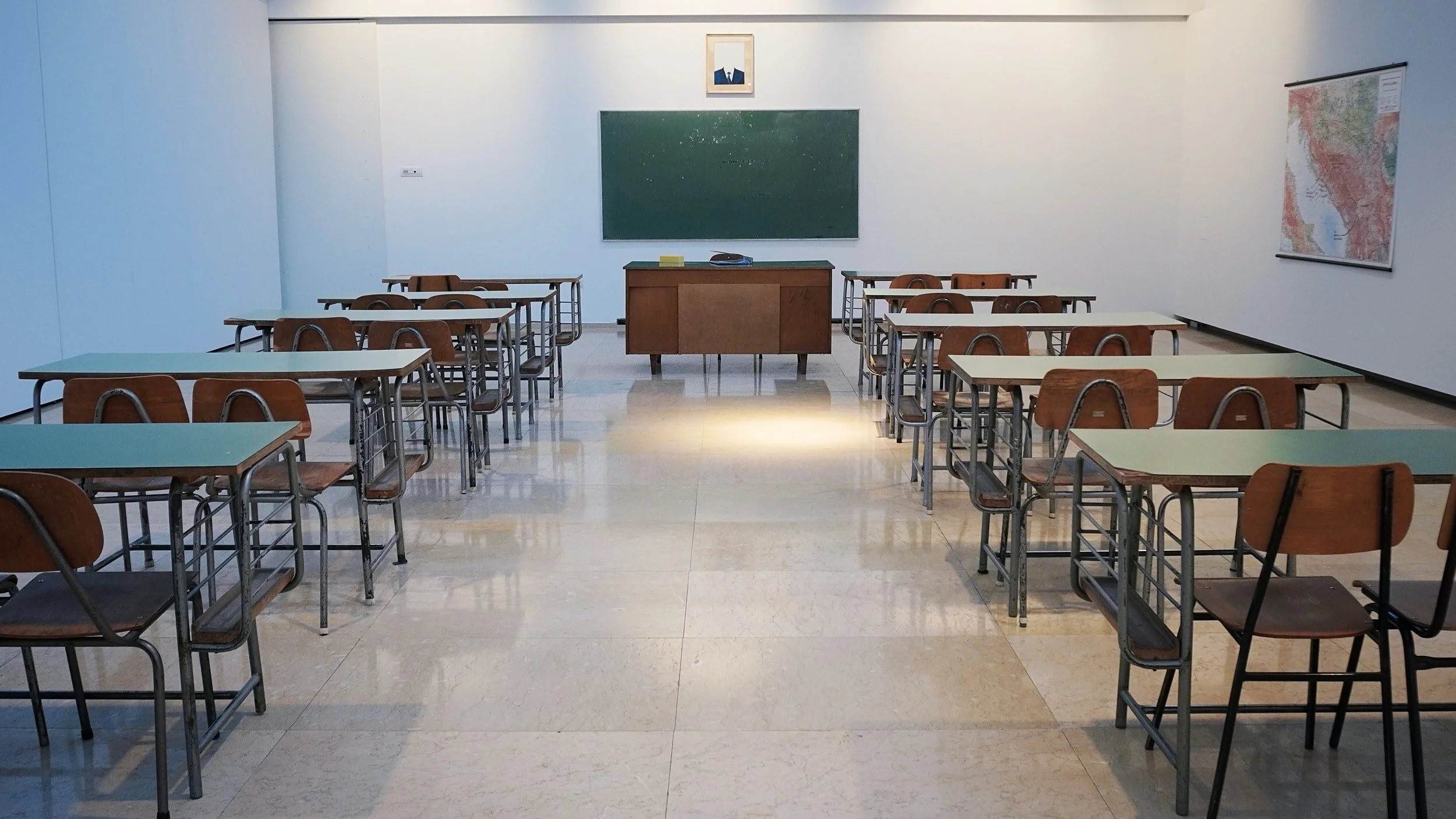Trying to improve remote learning? A refugee camp offers some surprising lessons
Trying to improve remote learning? A refugee camp offers some surprising lessons
By Javeria Salman, The Hechinger Report January 14, 2021
Last March when teachers and students transitioned to remote instruction, Iraqi instructor Mohammad Hameed and his students in the Arbat Refugee Camp in the Iraqi Kurdistan region weren’t caught off guard.
While the pandemic and the sudden shutdown of schools provoked fear, the teachers at this remote refugee camp in northern Iraq weren’t worried about how students would cope: They were confident their students were prepared to take their learning fully online. They didn’t have a high-tech classroom with fancy equipment — in fact most students didn’t even have laptops or access to the internet. They had something more important: basic digital literacy.
Hameed’s students are participants in various programs through Hello Future, a nonprofit organization that works with teen refugees to bridge the education gap by teaching digital and financial literacy, critical thinking and entrepreneurship.
The students at the Arbat camp are Syrian refugees who fled that country’s civil war. With limited education opportunities available inside the camp for the 13-18 age group, Hello Future saw a gap that could be bridged through media and digital literacy, the ability to find, create and share content online. These skills not only expand students’ educational landscape but can also become a “game changer in terms of employability,” said Charlie Grosso, founder and executive director of Hello Future.
The program operates in what she calls a “mobile-first environment,” meaning 90 percent of the program is taught on a phone, even though classes are in-person. At the start of the program, students are given an inexpensive smartphone with internet access, which they get to keep once they complete the program. While access to other technology is limited in the camp, Grosso said many refugee families have access to a cell phone but primarily use only four to five apps, such as Facebook, WhatsApp, Instagram or YouTube.
The program teaches students how to use the internet as a tool for more than just communication. The basic course teaches students productivity applications and critical-thinking skills that are needed in today’s work environment. With help from Hameed, the lead instructor, and several teaching assistants, students learn how to use search engines like Google, how to research and verify information, create presentations online, answer emails in a professional manner and use Google products like Google Docs, Google Sheets and Google Drive. Students learn to use and practice these skills by working collaboratively on group projects.
Hameed, who is also the Iraq program director for Hello Future, said that without these classes, his students wouldn’t “have been able to adopt and learn remotely” when they had to transition to remote instruction back in March, after schools shut down in February.
Last year, Hello Future expanded the program, allowing U.S. students to participate, alongside the Syrian students in Arbat Camp, in its global summer camp and virtual hack-a-thons. The refugee students continued their classes remotely, but also had the unique opportunity to interact with their U.S. peers. That interaction gave Hello Future insight into how students in the U.S. were struggling to adjust to remote learning.
Grosso and Hameed both believe the transition to remote learning in the U.S. last year would have been more successful if schools had first taught digital literacy. Generation Z students may be digital natives, easily connecting with friends and family on social media apps, but that doesn’t mean they understand how to use the internet as a tool.
“This need for digital literacy is actually universal. It’s not only our Syrian students,” Hameed said. “We saw it in our U.S. students as well.”
Teaching students the basics of digital literacy is just the first step to successful remote learning, the Hello Future educators said. Curriculum matters, too. Hello Future uses a curriculum enriched with project-based learning, in which students do longer, in-depth collaborative projects. Hameed said the format lets teachers engage students in a more meaningful way, even when they have to connect over Zoom.
For example, the focus of last summer’s global virtual camp was leadership and advocacy through the power of storytelling. Students produced mini-documentaries and TED-style talks. During the youth hack-a-thons this past fall, the Hello Future team introduced students to the concept of design thinking, a creative approach to solving problems by focusing on people’s needs and developing solutions to meet those needs. Participants were challenged to come up with solutions to difficulties their education systems faced because of the pandemic.
One group of American students had a lot of ideas: more access to their teachers, more structured group work, and less busy work. “They were really upset about the busy work,” Grosso said.
Project-based learning is already gaining traction in U.S. classrooms as school closures continue because of Covid-19. “Social-emotional learning, project-based learning, the agency to experiment … some of the best practices that education experts have recommended to make this digital environment work was adopted already pre-Covid in our program,” Grosso said.
In Hello Future’s 2019 internal report, with evaluation metrics created in partnership with Columbia University’s School of International and Public Affairs, 97 percent of students reported an increase in confidence in their own digital skills. (The Hechinger Report is based at Columbia University’s Teachers College.)
In other words, teaching digital basics and using project-based learning, two simple, tested ideas were able to help some of the most vulnerable students in the world, despite Covid-19: These programs shouldn’t be hard to replicate for American students. “What we’re doing is nothing new to the world of education,” Grosso said.






